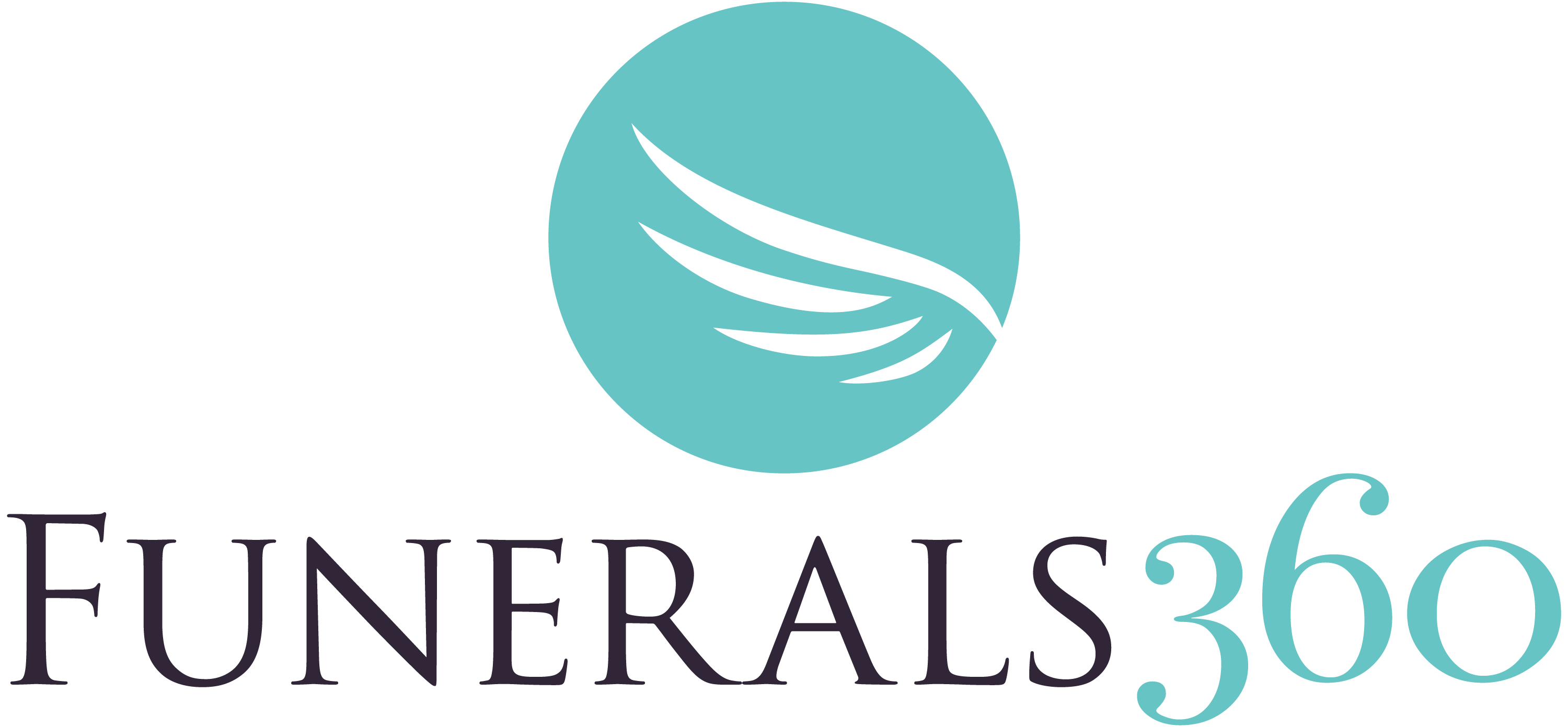Planning a funeral can be overwhelming and understanding funeral terminology is its own challenge. Below you can find definitions of common funeral terms that you may hear when planning a funeral.
Alternative Container
A simple, unfinished cardboard, wood, or other non-metal box that is without ornamentation, and is typically used for cremation, green burials, or anyone who prefers not to have an expensive casket. Alternative containers can also be made of fiberboard, pressed wood, or composite materials. They may have a liner or not. They are generally lower in cost than caskets, ranging from $50-$300 depending on the materials and reseller.
Calling Hours
Also known as Visitation, Viewing, Wake; the time for friends and family to gather whether or not it is an open or closed casket.
Cremains
An industry term used in place of "cremated remains," the ash and bone mixture that results from a cremation.
Direct cremation
The body is cremated shortly after death without embalming. The cremated remains are placed in an urn or other container. No viewing or visitation is involved, although a memorial service may be held with or without the cremated remains present.
The remains can be kept in the home, buried or placed in a crypt or niche in a cemetery, or buried or scattered in a favorite spot.
Direct cremation is the least costly form of disposition and includes the same set of services from each provider. Costs include [a portion of] the funeral home's basic services fee, transportation, and care of the body. A crematory fee may be included. If the funeral home does not own the crematory, the fee may be added on as a 3rd party charge also called a Cash Advance item. There is a charge for an urn or another container if it is different than what is provided with the standard direct cremation service. The cost of a cemetery plot or crypt is included only if the remains are buried or entombed.
Funeral providers who offer direct cremations also must offer to provide an alternative container (often made of cardboard) that can be used in place of a casket.
Definition partly from Federal Trade Commission
Green Burial
Green burial or natural burial, ensures the burial site remains as natural as possible in all respects. Interment of the body includes environmentally sound practices such as a locally-sourced bio-degradable vessel, shroud, or a favorite blanket. It also includes forgoing the use of embalming fluid, concrete or plastic vaults, and metal, steel, or non-sustainably harvested wood caskets. Additional information can be found at www.greenburials.org or www.greenburialcouncil.org
Home Funeral
A family or community‑centered response to death and after‑death care. Families and communities may play a key role in:
- planning and carrying out after‑death rituals or ceremonies, such as laying out the deceased and home visitation of the body
- preparing the body for burial or cremation
- filing paperwork, such as the death certificate and burial transit permit
- transporting the deceased to the place of burial or cremation
- facilitating the final disposition, such as digging the grave at a natural burial
Home funerals may occur within the family home or elsewhere, such as nursing homes or hospitals. The emphasis is on encouraging the family to provide care of the body through minimally invasive and environmentally‑friendly care practices.
Home Funeral Guides
Trained individuals who educate and empower families to exercise the innate right of caring for their own dead.
For more information on Home Funerals visit the National Home Funeral Alliance.
Immediate (Direct) burial
The least expensive type of burial (it can also be a green burial) is an immediate burial. With this service, the body is buried shortly after death, usually in a simple container. No viewing or visitation is involved, and embalming isn't performed.
A memorial service may be held at the graveside or later. Direct burial costs less than the "traditional," full-service funeral. Costs include [a portion of] the funeral home's basic services fee, as well as transportation and care of the body.
The purchase of a casket or burial container, and a cemetery plot or crypt is in addition to the standardized Immediate Burial package offered by funeral homes. If the family chooses to be at the cemetery for the burial, the funeral home often charges an additional fee for a graveside service.
Definition from Federal Trade Commission
Interred/Interment
Refers to an earth burial as opposed to a crypt or mausoleum which is above ground.
Memorial Service
A term for a funeral service that may or may not have the body present. Often used when the disposition is cremation. It may be officiated by selected clergy, a family member, or a friend.
Repast
A post-funeral or memorial meal, often with friends and family.
"Traditional," Full-Service Funeral
This type of funeral, often referred to by funeral providers as a "traditional" funeral, usually includes a viewing or visitation and formal funeral service, use of a hearse to transport the body to the funeral site and cemetery, and burial, entombment or cremation of the remains.
Full Service Funerals are generally the most expensive type of funeral. In addition to the funeral home's basic services fee, costs often include embalming; dressing & casketing of the body; rental of the funeral home facilities and/or staff for the viewing or service; use of hearse for transportation to the cemetery, and graveside or committal service.
For terminology related to cemeteries, see Funeral360's Cemetery Glossary.





